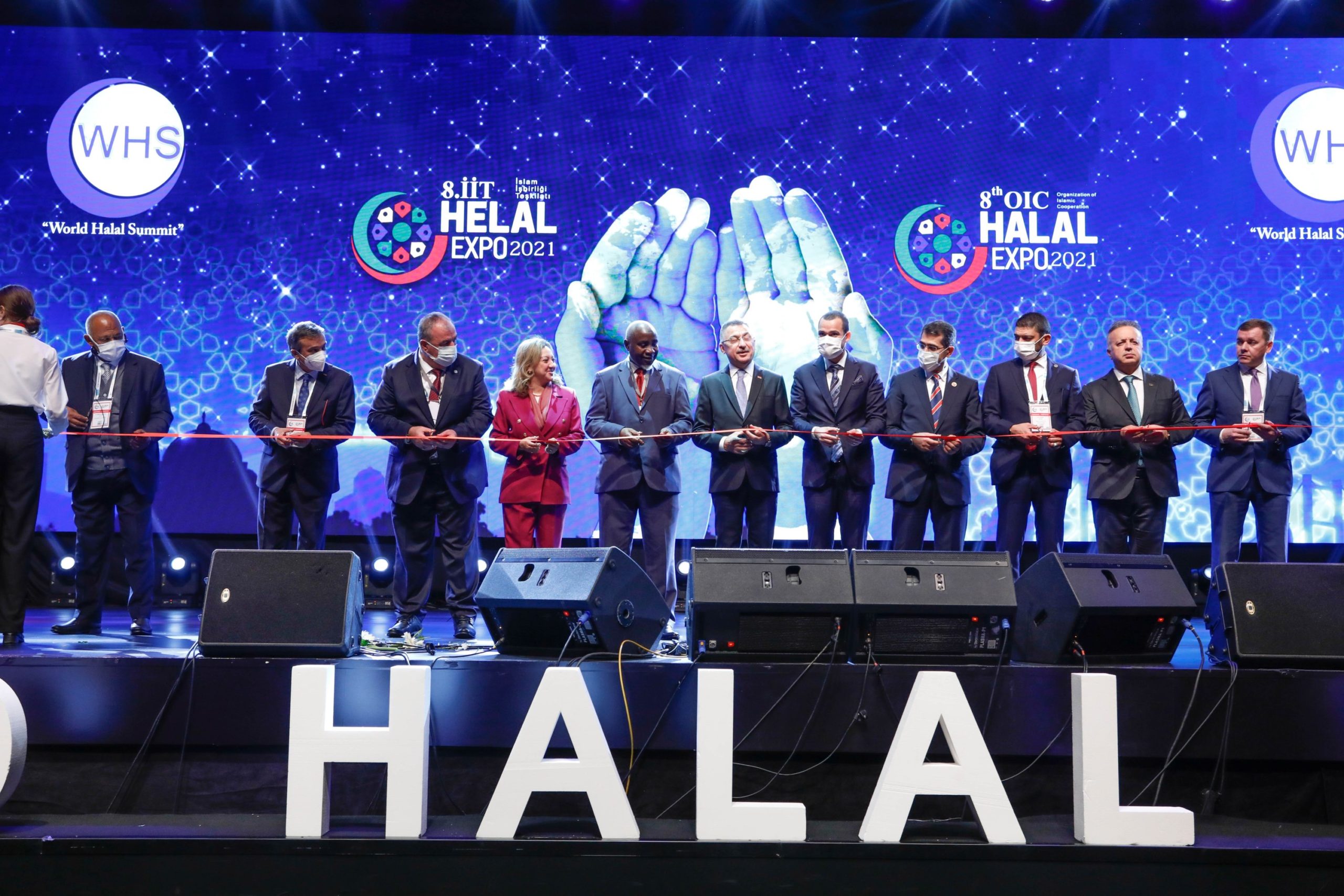
 "
"

 "
"

The third day of the 9th World Halal Summit, a significant event in Istanbul, concluded, highlighting the expanding potential of the global halal sector. The summit, with the theme “Gateway to the Global Halal Economy: Recognize and Unleash the Potential,” included informative panels on digitization of the halal market, study of halal foods, and the use of artificial intelligence into halal life.
Three insightful sessions were led by a varied group of fifteen specialists from Pakistan, Malaysia, the UK, Argentina, and Russia. They shared their diverse experiences and perspectives as they dug into the subtleties of halal market items and testing procedures.
One of the main issues brought up throughout the conversation was the possibility of artificial intelligence (AI) becoming monopolized, which might obstruct the expansion of the halal industry. The panels also highlighted the pressing need for the halal sector to adopt digitization, pointing to a significant obstacle as educational deficiencies.
A panel titled “Halal Product Tests and Analyses” kicked off the summit, and Dr. Burhanettin Yalçınkaya from TÜBITAK UME in Turkey headed it. One of the highlights was when Professor Syed Ghulam Müşerref from Karachi University described cutting-edge techniques for evaluating halal food, such as 3D mapping and next-generation sequencing for the identification of pork DNA.
Raafqi Ranasasmita of the Indonesian halal inspection organization LPPOM MUI expressed worries on external causes causing DNA changes in halal meals, highlighting the vital necessity for accurate and reliable testing procedures.
Dr. Can Türk of Lokman Hekim University argued that the best method for halal analysis is chemical synthesis.
Professor Ibrahim Güran Yumuşak moderated a panel discussion on “Global Halal Digitalization and Innovation Artificial Intelligence,” in which Dr. Firdaus Fanny Putera Perdana from Malaysia’s International Islamic University was one of the speakers. He emphasized the need for digitization and presented data showing that there is a general consensus that technology can address issues facing the halal industry.
In order to promote technical independence, Dr. Nazım Zaman of the UK’s Al-Akram Trust called for Muslim involvement in AI development and cautioned against the monopolization of AI and social media.
The summit came to an end with a panel discussion on the “Halal Quality of Life,” led by SMIIC’s Ihsan Övüt. Melody Amal Khalil Kabalan of Argentina Halal Catering made a noteworthy contribution, emphasizing how important it is for the Muslim community worldwide to distinguish between halal and haram. She stressed that in order to stop the spread of items with phony halal certifications, halal education is crucial.